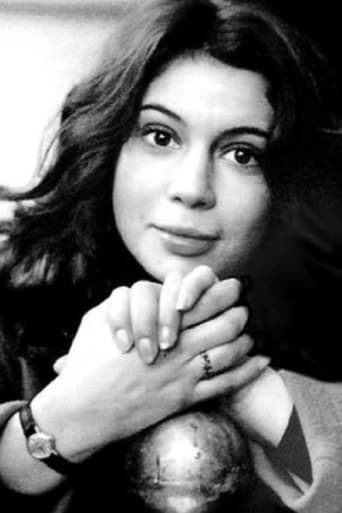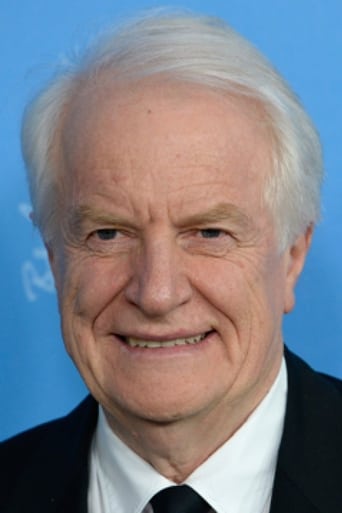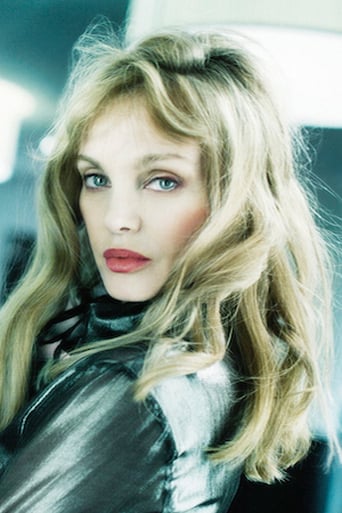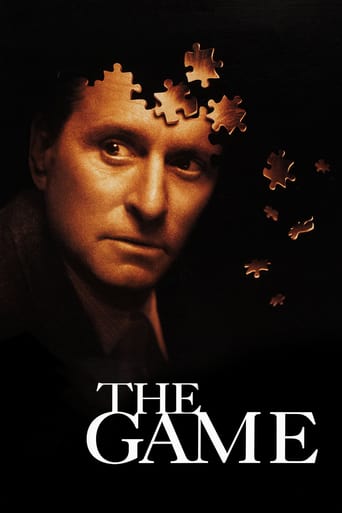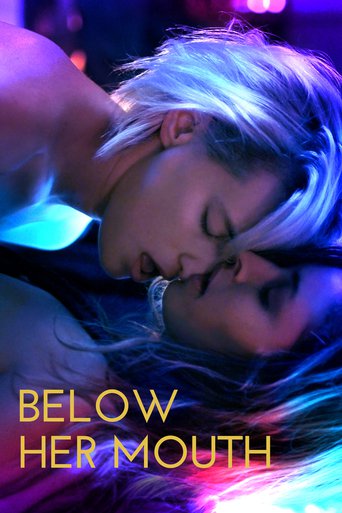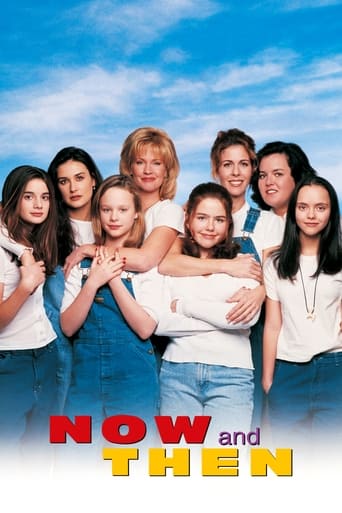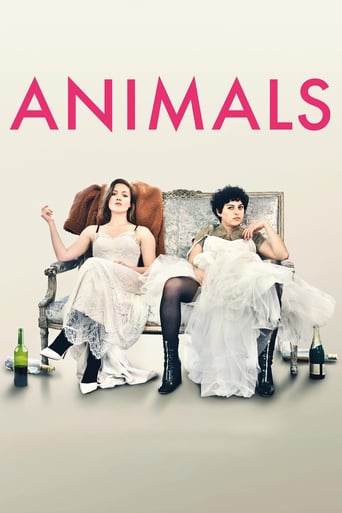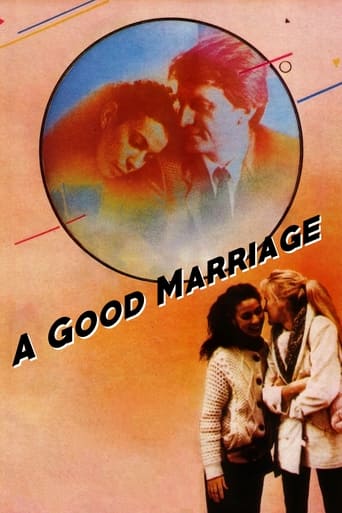
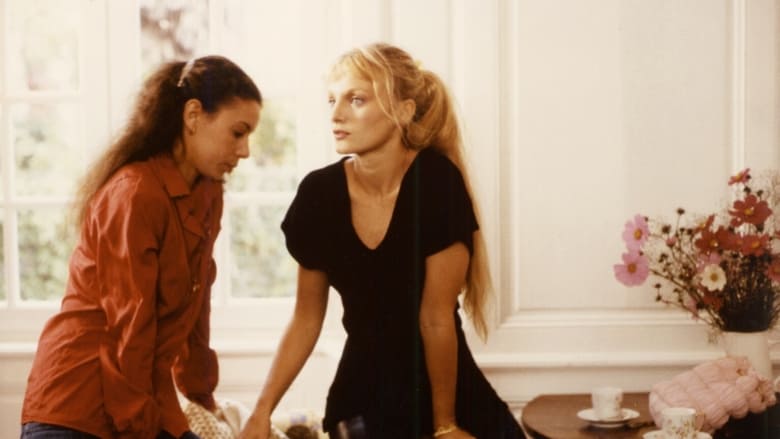
A Good Marriage (1982)
Sabine vows to give up married lovers, and is determined to find a good husband. Her best friend Clarisse introduces her to her cousin Edmond, a busy lawyer from Paris. Sabine pursues Edmond, with the encouragement of Clarisse, but Edmond does not seem very interested.
Watch Trailer
Cast
Similar titles
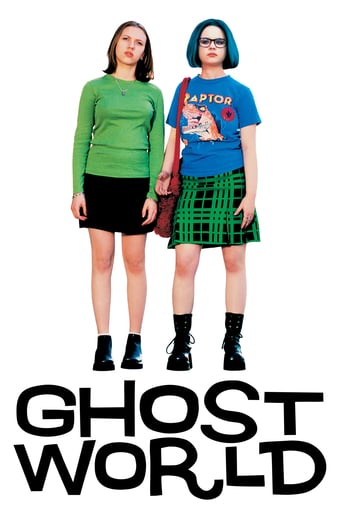
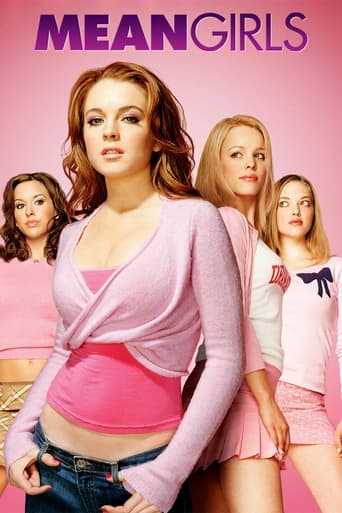
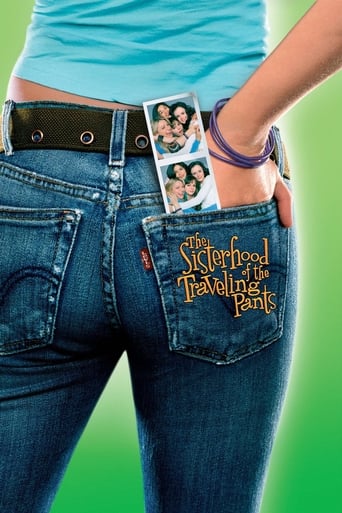
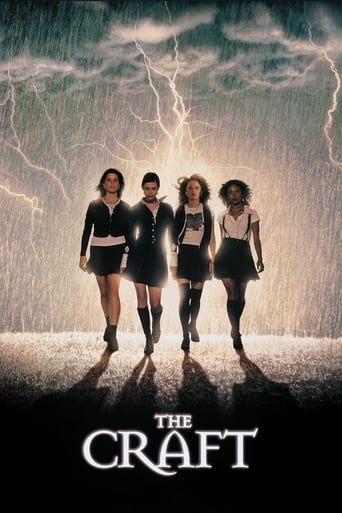

Reviews
Touches You
The Worst Film Ever
How sad is this?
Did you people see the same film I saw?
Rohmer likes his morals and the moral for me here is how moving from one stage in life to another can't be forced. We can't decide to be in a different 'place' in life on a whim, without doing the maturing first. There's no short-cut. The cringeworthy party scene is perhaps the telling scene. Not just because of Sabine's inability to crawl out from childish ways, but equally Edmond's inability to cast his mind back to a time when he was giddy and foolish and work didn't matter. The supporting cast - friend Claude, Mother and the antiques dealer all have wisdom that comes through experience, but they know better than to waste too much breath with logic that headstrong Sabine is not ready for. A rites of passage, "find-out-the-hard-way" movie that's not as slight as first glances might suggest.
A Good Marriage begins and ends on a train; it may not be the same train but I'm relatively sure young French girl Sabine (Romand) the film revolves around eyes up the same male individual she saw at the very beginning, at which point an unnatural sense of beaming sexuality was unlocked and she would rush home to call up another man she knows and also acts as a mistress for. In starting and ending the film in the same manner, French director Eric Rohmer not only concludes on a note that is ambiguous in its overall tone as to whether this is a happy conclusion to events or not, but brings the arc of Sabine's character plus her recent exploits around to a natural enough conclusion, a sense that she's finished right where she started, enabling us to conclude that Sabine has had a crack at operating outside of her usual world or 'bubble'; advice along the way from friends and family alike, and now we see a natural flow once again take its course.We do indeed begin with a lustful glare on a young man of about Sabine's age, something that sparks off a yearning for male contact that evening and it is the married, although with recent problems, Simon (Atkine) that is to fill that role. Sabine is gets sexually excited quite easily; she identifies herself as a bit of a seductress whilst talking to a girlfriend named Clarisse (Dombasle) later on and they banter in a cheery manner about Sabine being attractive and powerful enough to be able to have a man "eat out of one of her hands". The good hour and a half we spend with Sabine roaming both rural France by car and a more urban, cobbled France by way of the local streets on foot allows us to peek inside of her life at a time when she bravely exclaims she will take on a more serious attitude to life and love; proudly boasting she will find a man she won't want to render a mere fling-on-the-side for instances in which gross levels of hormonal discharge occur. She says she will come to marry this man.The tone of the film is relatively light hearted and upbeat, building to a crescendo of emotion and frustration as realisations of where the lead is on the overall plateau of relationships and partners which feels ever more jarring because of the prior tone. This is a pure and unflinching character study of an individual confused in how the human species works above a certain level of thinking and in attitudes to both relationships and partners: on the side; marital or otherwise. In boasting she will shortly find a man; marry and settle down, Clarisse informs her she can probably get any one she wants such is her charisma and ability with men. There's a pinch of salt in the statement, but behind that a feeling that it might very well be true thus complimenting Sabine's ignorant belief that marriage and finding suitors for marriage is as easy as what it is she's done in regards to men her whole life. The potential suitor is Edmond (Dussollier); a single, slightly older lawyer working in a relatively high-rise building in a bustling part of town, someone she meets through a relative at a party, fool-heartedly and somewhat tragically jumping in with the first choice that has come along.Needless to say, their relationship is interesting enough and Sabine's gradual realisation of what she is with what mentality she seems to belong to is fascinating enough to act as the entire core of the film. A brilliant scene at a restaurant, Sabine and Edmond inhabiting window seats out of which a flowing river is visible, sees the camera focus on Edmond for the duration of the time it takes Sabine to document exactly what it is she wants out of life and where she sees aspires to be. Edmond's face fills the screen, his expression one of both realisation and transition as Sabine speaks and we sort-of-but-not-quite see exactly how he feels with all the emphasis on him; his expressions slightly downcast and dishevelled as he absorbs what's being said, putting across a relatively doomed sense about things. The tragic ingredients on Sabine's behalf is a slow burning, very gradual process of trying to prove herself to peers and Edmond himself by straining to present herself as deadly serious in her goal to succeed at finding a suitor and marrying, thus expelling the man-eater tag she and Clarisse both deem she possesses. In doing so, leaving one's job and loosing interest in her arts course so as to pursue a new ideology others deem age-old in settling down to adopt the role of a bog-standard house wife acts as a tragic undercurrent to proceedings, paining the audience to find some kind of middle ground.As the film progresses, and it becomes less and less obvious the relationship might work, Sabine's epiphany in the realisation who she is and the nature of her attitudes towards love; sexual relations and the opposite sex comes close to breaking point at her birthday. Whilst those around her enjoy the occasion, Sabine can only sulk that her latest (although this time supposedly well intended) target in Edmond hasn't shown up; their eventual coming together interrupted at a vital moment when Edmond, embodying professionalism in his dress sense throughout the piece, and Sabine, the more carefree youth who's drastically trying to spark a new nature of relationship, clash in her bedroom at a vital time in both their time together. Here, the case study between young; slightly idiotic; easily seduced; marital problem infused men and a male of a more mature nature is about to become clear save for the interruption. Rohmer has taken us to somewhat of a breaking point before dramatically rounding things off shortly thereafter: A Good Marriage is a good watch.
I never really understood the acclaim for Eric Rohmer yet this is a nice little film with some fascinating Loire scenery and townscapes and the beautiful Beatrice Romand. What more can you ask for? My DVD was free with the Independent newspaper (London), so I can't complain. It even had a little 7 minute interview 'Special Feature' with Eric Rohmer, who explains one or two things (like his admiration for tourist-style films of towns like Le Mans and Ballon).There are amazing shots of Le Mans and its spectacular cathedral and also its tiny cobbled streets - the typical France that we all know and love. Romand is shown with her friend walking around these historic, somewhat claustrophobic streets, visiting the art gallery where she works and stuff like that.The contrast between Sabine, in her tinny little vintage Renault car with its cumbersome gear changer, and her latest bloke is amusing, rattling along some very attractive rural French roads.Very good.
eric rohmer's films are so clearly his. The slow but deliberate pacing and crisp, to-the-point dialogue are two hallmarks of his style for me, and this film is an excellent example of those two qualities.As with the other rohmer films I have seen, the characters are less individual, specific personalities than they are vessels for a type of person or for one side of an argument. Here we have the two female leads almost skipping exposition entirely, and going straight into philosophical discussions of love and marriage. What I like about monsieur rohmer is that he manages to do this without taking away all our empathy for his characters. He always shows us how the character's hands are played out, so we can see what the result of their actions were, and think about what we would have done, or will do in our lives. tres bien, monsieur rohmer; j'adore vos travails.
